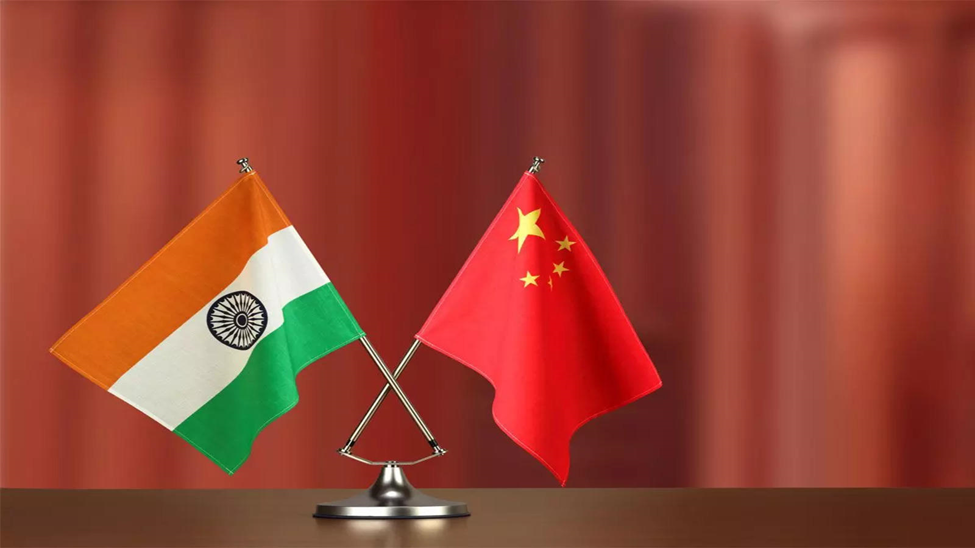We get leverage when China invests in India, says Finance Commission chairman Arvind Panagariya
- InduQin
- Sep 4, 2024
- 3 min read
Arvind Panagariya, Chairman of the 16th Finance Commission, supports Chinese investments in India, excluding those posing security risks, to gain leverage. In his book "India’s Trade Policy," he criticizes import substitution. Panagariya anticipates sustained growth for India and advocates for FDI, emphasizing that protectionism can paradoxically boost FDI. He believes FTAs with major markets like the EU and joining the CPTPP can attract investments. Panagariya suggests strengthening the WTO and lowering tariffs to reduce the need for FTAs.
Eminent economist Arvind Panagariya, the chairman of the 16th Finance Commission, advocates for a nuanced approach towards Chinese investments in India, emphasizing the importance of discerning between beneficial investments and those that pose security risks. In an exclusive interview with Deepshikha Sikarwar, Panagariya highlighted that permitting such investments could also empower India in its relations with China, as outlined in his latest publication, India’s Trade Policy, a compilation of insightful perspectives on trade policy.
Contrary to concerns raised by the World Bank regarding the risk of a middle-income trap for various nations, including India, Panagariya remains optimistic about India's growth prospects. He envisions a sustained growth trajectory of over 7%, provided past errors are not repeated and further reforms are implemented. Drawing from past experiences, he underscores the significance of continuous improvement to bolster economic expansion.
Addressing the discourse on foreign direct investment (FDI) from China, Panagariya defers to security experts to identify potential threats while advocating for a balanced approach that allows for beneficial investments. He points out that welcoming Chinese investments can also serve as a strategic lever against China, offering India a position of strength in the global economic landscape.
On the topic of rising protectionism and its impact on FDI and technology transfers, Panagariya delves into the complex dynamics of tariff-jumping FDI, highlighting how protectionist measures can paradoxically spur FDI inflows. He attributes the recent slowdown in FDI to external factors like high interest rates in Western countries, expressing confidence that a decline in interest rates would reignite FDI momentum.
Panagariya's stance on free trade agreements (FTAs) as catalysts for increased foreign investments in India underscores the potential benefits of broader trade partnerships, particularly with major markets like the European Union and participation in agreements like the Comprehensive and Progressive Agreement for Trans-Pacific Partnership (CPTPP). These initiatives are seen as pivotal in attracting multinational corporations and facilitating smoother access to global markets.
While discussing the prospect of an FTA with the United States and the evolving landscape of e-commerce, Panagariya emphasizes the gradual progression towards comprehensive trade agreements, starting with engagements with the European Union before venturing into agreements with major partners like the US. He underscores the importance of laying a solid foundation for future trade relations through strategic planning and collaboration.
In light of concerns about import substitution, Panagariya acknowledges the role protectionism can play in nurturing industries, citing the example of India's success in telecom equipment and mobile phone manufacturing. However, he stresses the need to evaluate the overall impact on manufacturing growth over an extended period to gauge the effectiveness of import substitution policies.
Lastly, Panagariya advocates for a balanced approach towards FTAs and the World Trade Organization (WTO), emphasizing the need to strengthen the WTO's dispute settlement mechanisms. While expressing support for the WTO, he suggests that reducing tariffs uniformly at a national level could diminish the necessity for FTAs, underscoring the importance of aligning trade policies with broader economic objectives.








Comments